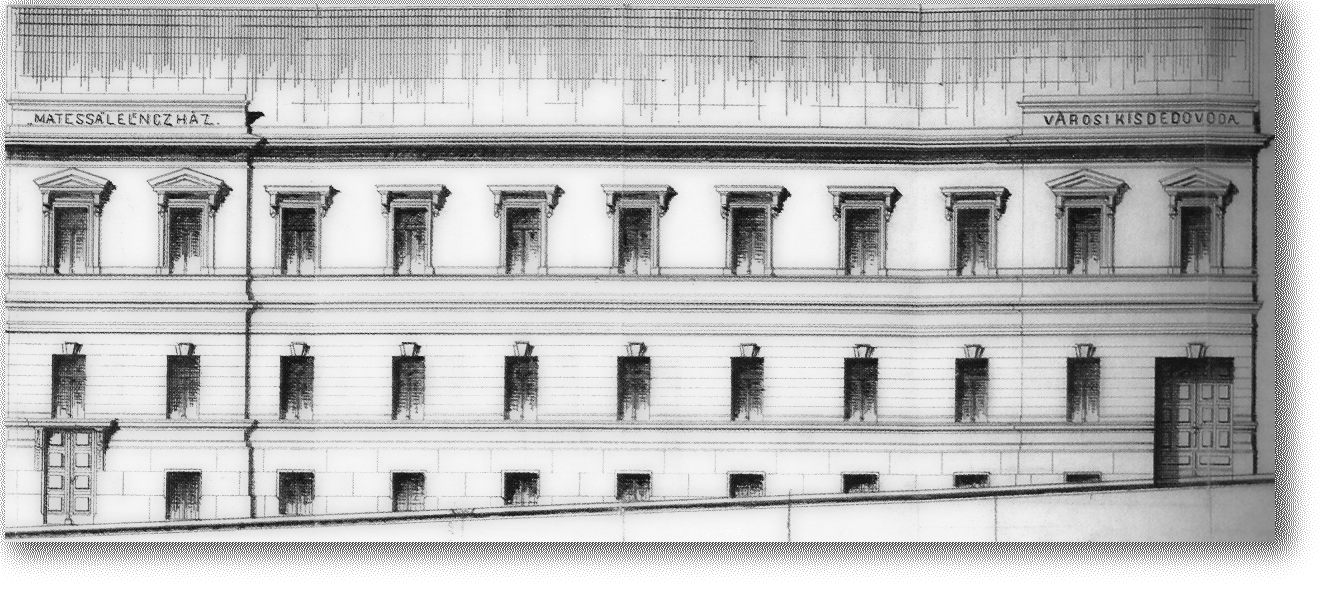HISTORY OF TRANSDANUBIAN RESEARCH INSTITUTE
2.3.The third period: the early 70s until 1984
The election of OTTÓ BIHARI (1921-1983) professor of law, member of the Hungarian Academy of Sciences the director of the Institute (1973-1983) brought substantial changes to the TRI's life. Under the leadership of Ottó Bihari a complete renewal of infrastructure and the extension of the basic research profile of the Institute were carried out. The TRI had become one of the most important scientific workshop of Hungarian regional development research. According to the interdisciplinary research aims the composition of the Institute's researchers broadened considerably compared to the previous one, and the weight of economic, legal, political science researches increased substantially. The "traditional" geographic and historical researches remained but in many ways they were presented in indirect way or were integrated into other disciplines.
The TRI's international scientific cooperation relations widened, especially extensive contacts developed within the COMECON in the field of complex environmental science and environmental researches, under the leadership of Dr István Fodor geographer.
The fourth period: from 1984 up to the present
The establishment of Centre for Regional Studies (CRS) (1984) led by GYÖRGY ENYEDI economist - geographer academician resulted in significant structural changes in case of TRI, which was then part of a national network and the seat of the Centre at the same time. The organization of regional science institutes into a national network made researches more effective, especially the TRI's profile consisted mainly of researches serving for the development of regional policy. Following the establishment of Centre for Regional Studies the TRI's management model temporarily changed. Because of the shared home of CRS and TRI between 1984 and 1991 the Director General for Regional Studies also filled the post of the Director TRI. IVÁN ILLÉS an economist researcher with national and international experience who became the Director General of Centre for Regional Studies in 1991 separated the two functions again in 1991, and GYULA HORVÁTH was appointed director of the TRI.
Regarding regional development studies, further qualitative changes took place in the system of the international relations of TRI. With preserving links with the "eastern" countries the building of "western" relations started at an accelerated pace, much ahead of the change of political system. Both the institute and Hungarian regional science benefited from these diverse relations as researches carried out in TRI in international cooperation strongly contributed to the adaptation of domestic institutions to the principles of European regional policy.
Under the directorship of IVÁN ILLÉS the Institute participated both in the national and international division of scientific labour. In 1990, TRI took part both in national processes (including the workout of a concept for the Act on Regional Development and Physical Planning and the preparation of the National Spatial Development Concept) and fostering regional organizationsin the Southern Transdanubia (Baranya, Somogy, Tolna, Zala counties). The preparation of the South Transdanubian Regional Development Concept first in the country granted a specific position for the institute in creating a modern regional development policy for Hungary. The Institute contributed to the revival of regional planning practice by creating numerous microregional and urban development concepts as well. After Gyula Horváth's appointment director-general of Centre for Regional Studies (from 1997 until 2013) ILONA PÁLNÉ KOVÁCS, lawyer, political scientist filled in the post of TRI director. In the TRI's scientific research profile within the CRS the models, institutions and instruments of regional policy both nationally and internationally had special significance in addition to providing professional support to the planning activities of Southern Transdanubian development policy actors.
In 2012 another turn came changing the Institute's life as a result of the institutional reform of the Hungarian Academy of Sciences. According to the decision of the Hungarian Academy of Sciences the Institute of Regional Studies with the Institute of Economics of the Hungarian Academy of Sciences and the Institute of World Economicsring, merged into Centre for Economic and Regional Studies, Hungarian Academy of Sciences. The organizational integration had affected the position of the Transdanubian Research Institute. As a result of the increase in the levels of management, the Instite lost its institutional status in 2012, and since January 2013 acts as Transdanubian Research Department of the Institute for Regional Studies.Although the integration resulted in several conflicts (first the Director General of Regional Studies Gyula Horváth and at the end of the year, the head of department TRD Pálné Ilona Kovacs resigned and significant staff reductions had to be made), but it did not affect the independence of researches.
From 2013 CECÍLIA MEZEI an economist defended her doctoral thesis in the topic of local economic development has been appointed the head of Transdanubian Research Department.

 The Past
The Past Directors
Directors Researches
Researches Publications
Publications Staff
Staff Photo albums
Photo albums Timeline
Timeline Magyarul
Magyarul

